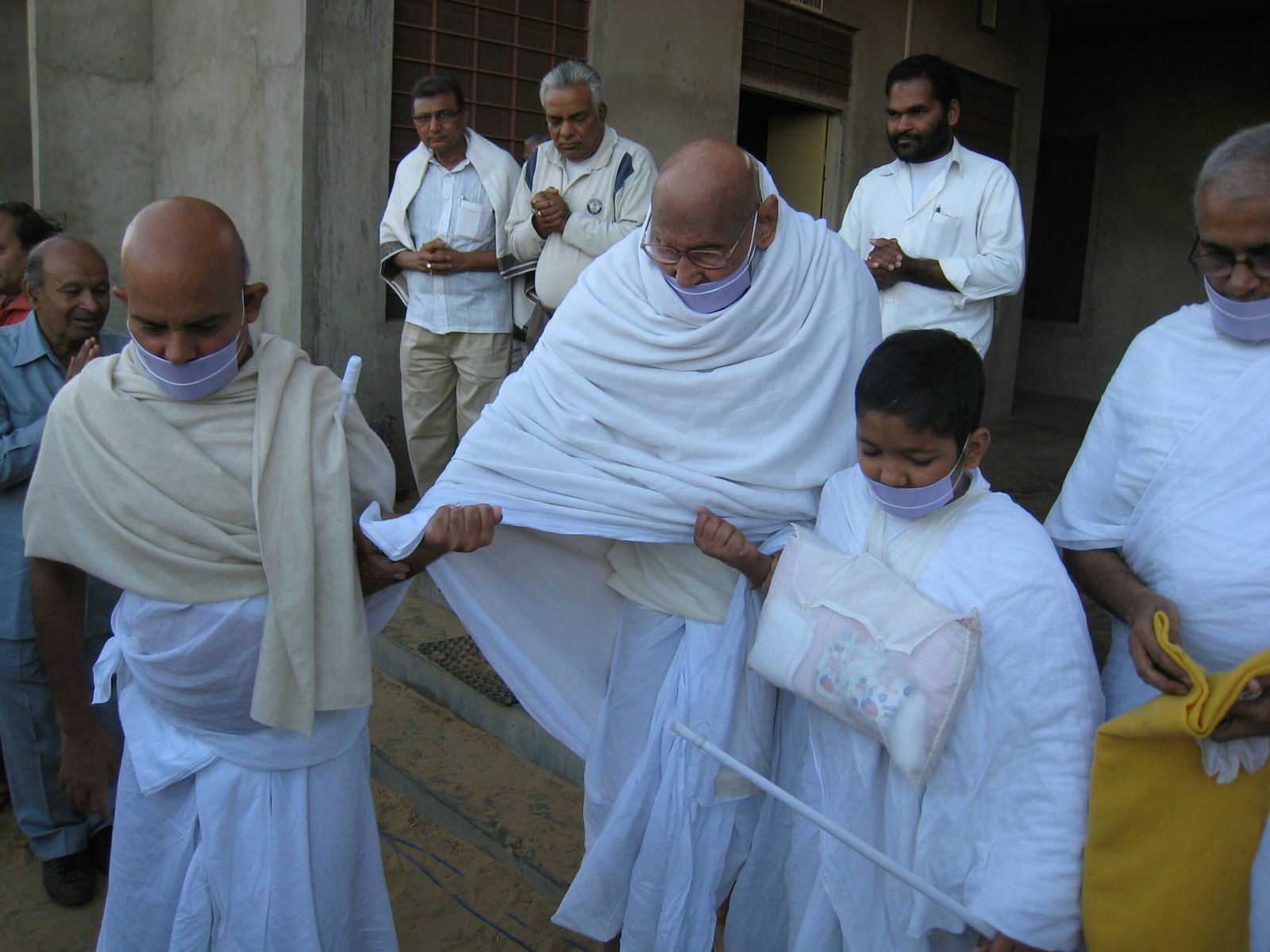Exploring Sexuality in Jainism
Jainism, one of the oldest religions in the world, has a unique perspective on sexuality and celibacy. Rooted in the principles of non-violence and self-control, Jain teachings emphasize the importance of leading a life that is free from harm, both towards oneself and others. This includes practicing restraint in sexual behavior and cultivating a deep understanding of the consequences of one’s actions.
The Principle of Non-Violence
At the core of Jain philosophy is the principle of non-violence, known as ahimsa. This principle extends to all aspects of life, including sexuality. Jains believe that every living being has a soul and that all souls are equal and worthy of respect. Engaging in sexual activities that cause harm, such as adultery or non-consensual acts, is considered a violation of this principle.
Jainism encourages individuals to cultivate a sense of empathy and compassion towards all living beings, including their sexual partners. This means treating them with kindness, respect, and consent. By practicing non-violence in their sexual relationships, Jains aim to create a harmonious and ethical environment that respects the dignity and well-being of all involved.
The Importance of Celibacy
Celibacy, or brahmacharya, is highly regarded in Jainism. It is seen as a means of achieving spiritual purity and self-control. Jain monks and nuns take a vow of celibacy as part of their commitment to the path of spiritual liberation. By abstaining from sexual activity, they aim to detach themselves from worldly desires and focus on their spiritual development.
For laypeople, celibacy is not mandatory, but it is encouraged. Jain teachings emphasize the benefits of practicing self-restraint and moderation in sexual behavior. By limiting sexual activity to within the boundaries of a monogamous marriage, Jains believe they can maintain a sense of balance and harmony in their relationships.
Understanding Sexual Desire
Jainism recognizes that sexual desire is a natural part of human existence. However, it also acknowledges that unchecked desire can lead to attachment and suffering. Therefore, Jains seek to understand and control their sexual desires through self-discipline and mindfulness.
Rather than suppressing or repressing sexual desires, Jain teachings encourage individuals to observe and understand them. This self-awareness allows individuals to make conscious choices about their sexual behavior and avoid acting impulsively or harmfully. By practicing self-control, Jains aim to transcend the physical and achieve a state of spiritual enlightenment.
Conclusion
In Jainism, sexuality is viewed through the lens of non-violence and self-control. By practicing restraint in sexual behavior and cultivating empathy and compassion towards all living beings, Jains strive to lead a life that is free from harm. The emphasis on celibacy, both for monks and nuns as well as laypeople, highlights the importance of self-discipline and spiritual purity.
While Jain teachings on sexuality may differ from mainstream perspectives, they provide a unique perspective on the ethical dimensions of human relationships. By exploring and understanding these teachings, individuals can gain insights into their own sexual behavior and strive for a more compassionate and harmonious approach to intimacy.

